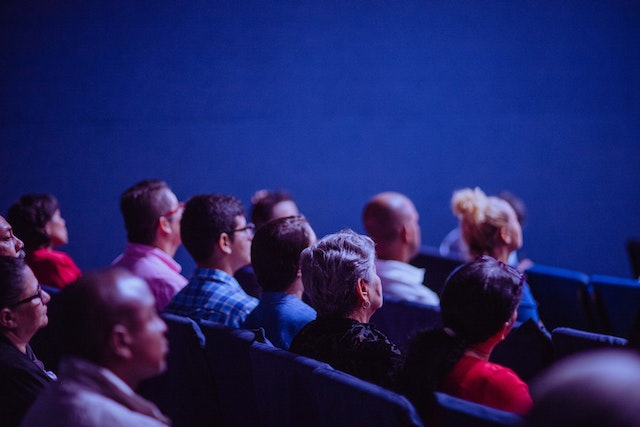Forty-Sixth Annual Conference of the German Studies Association (GSA), Sept. 15-18 2022, Houston, TX

Panel: “P/Ost/Migrant” Discourses and Constellations in Unified Germany
Organized by
Dr. Kathleen Heft (DeZIM-Institut Berlin)
Dr. Daniel Kubiak (Humboldt-Universität zu Berlin, BIM)
Dr. Thomas Prennig (TRAWOS-Institut, Hochschule Zittau/Görlitz)
Heiner Schulze, M.A. (University of Applied Sciences Nordhausen)
Moderator: Prof. Dr. Marc Silberman (University of Wisconsin – Madison)
Commentator: Prof. Dr. Sonja E. Klocke (University of Wisconsin – Madison)
More than thirty years after German reunification, the topic of German-German identity is more popular and more contested than most social scientists foresaw in the early years of the unification process. Ongoing and abundant research about the political and administrative transformation process in the so called ‘Neue Bundesländer’ [new federal states] continues to show that the East is still less wealthy, has weaker infrastructure and fewer civil society organizations. East Germans have lower chances to enter high positions in politics, administration or the economy and are voting in higher percentages for right-wing, extremist parties. But we also know that this mostly quantitative research is not telling the whole and rather more complex story. A new field of research, which focuses on the heterogeneity of the East German society and the complexity of its identity formations, is emerging mainly among younger scholars. While talking about ‘the East’ (and ‘the West’) implies homogeneity, the new research program investigates why this supposed homogeneity has been and remains so attractive in popular German discourse. While ‘the East’ and its difference is often the focus, ‘the West’ functions mainly as an invisible norm. This is problematic, because it focuses on the East and produces a lot of data and theory about East German social structure and identity. But there are also the distinctive West German history, West German political system and West German identities, which are not on the list of empirical or theoretical research. Therefore, the question is how to enhance the visibility of those West German topics as well.
In our panel we present social scientific and culture studies perspectives with new theoretical and methodologically inspired research. Kathleen Heft provides an overall introduction to “p/Ost/migrant” discourses, analogies, and theoretical framings within German media and academia and then introduces the concept Ossifizierung (Easternization). Heiner Schulze continues with the focus on the “critical west” to turn the very discourse on its head. Daniel Kubiak explains the constitution of East German identity in the post-unification generation with the help of postcolonial “othering”-theory. Finally, Thomas Prennig presents his research on the role of “privileged outsiders”, children of pastors in the GDR who have leveraged a “habitus” that was immediately successful in unified Germany. The panel aims at generating a discussion from both social and culture studies backgrounds, and we are very interested in sharing our research in an interdisciplinary environment with international colleagues. Where are connections with other research projects? How do other research projects connect to our discussion?